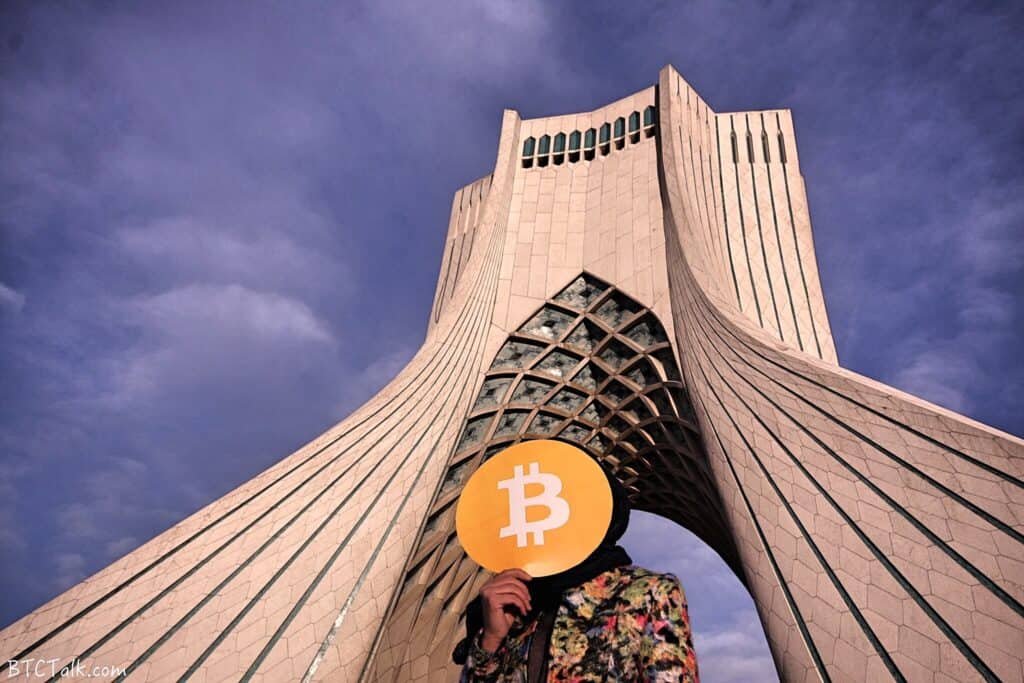“Cryptocurrency as national currencies? A step too far” – this is the title of a post we can read on the blog of the International Monetary Fund. All this just before the introduction of Bitcoin as legal tender in El Salvador.
Critical opinion of the IMF
For a long time we could come across negative opinions of IMF representatives, regarding the introduction of Bitcoin as legal tender in El Salvador. Today this global organization, although it does not clearly indicate the addressee of its statement, much more precisely presents its point of view.
On the pages of its blog, Tobias Adrian and Rhoda Weeks-Brown note the advantages of blockchain technology. They point out, among other things, its rapid development, instant payments, the possibility of increased financial inclusion, and the competitiveness that can be achieved through it.
However, the main message of the speech is a number of arguments against the introduction of crypto assets as a legal tender. The first and key one is the high volatility of cryptocurrencies. In this case, IMF representatives cited the peak that Bitcoin reached in April to lose more than 50% of its value in two months.
The IMF notes that if cryptocurrencies were adopted as legal tender, they would have to be accepted by creditors in order to repay financial obligations. This would also entail changes with tax implications, while adjusting political aspects. Both imports and exports could be subject to high exchange rate fluctuations. Financial integrity also appears to be at risk in the eyes of the authors of the text. They point to the possibility of money laundering, terrorist financing or even tax evasion.
In addition to macroeconomic issues, the IMF points to households and small businesses that, instead of focusing on productive activities, would devote a lot of attention and resources to choosing which money to hold. The adoption of cryptocurrencies as legal tender could also result in financial losses for a large part of the population due to exchange rate volatility, fraud or technical glitches.
For the IMF, the lack of control over cryptocurrencies, and the lack of a central issuer, is also a big problem. A monetary policy based on an asset over which the state has no control is difficult to accept here. The environmental aspects of cryptocurrencies such as Bitcoin were also highlighted and called “tragic”.
Loan to El Salvador
Long before Bitcoin was introduced as legal tender in El Salvador, the country asked the International Monetary Fund for a $1 billion loan. This request was not met with a positive response. All because of Bitcoin. Although talks are still ongoing, there is little indication of a positive conclusion.












